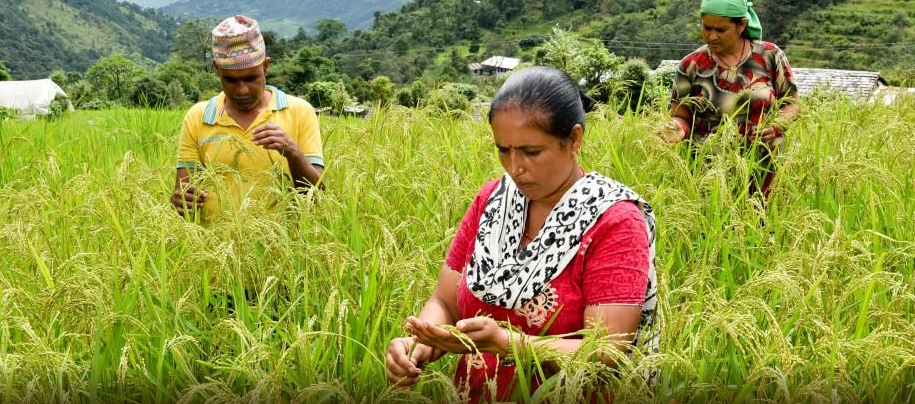The Koronivia Joint Work on Agriculture (KJWA) is a landmark decision and selection spotting the precise capability of agriculture in tackling climate change in Fiji. This project is first in Fiji where agricultural activities are revised that produce less greenhouse gases meanwhile continues to produce and supply food crops.
Under the management of the UNFCCC Subsidiary Body for Scientific and Technological Advice (SBSTA) and Subsidiary Body for Implementation (SBI), and alongside ten Constituted Bodies of the Convention, countries agreed to work collectively to ensure that agricultural improvement guarantees each multiplied food safety with inside the face of climate change and a reduction in emissions. The joint work will deal with six subjects associated with soils, nutrient use, water, livestock, techniques for assessing adaptation, and the socio-financial and food safety dimensions of climate change throughout the rural sectors.
According to Food and Agricultural Organization of the United Nations; Nearly a quarter of human emissions of greenhouse gases are the result of agriculture, forestry, and other land use. In addition, agriculture absorbs 26% of the economic impact of climate disasters, with drought accounting for 83% in developing nations. With environmental change expected to push 122 million additional individuals, mostly farmers, into outrageous destitution by 2030, we can never again contemplate farming and food security without tending to environmental change. The KJWA acknowledges that agriculture not only contributes to the issue of climate change but also has the potential to contribute to its solution. No other area holds the possibility to diminish ozone depleting substance discharges similarly. In addition to ensuring food security, short- and long-term adaptation measures can help improve the resilience of the most vulnerable.
The role of food systems in driving climate change and in increasing vulnerability of other ecosystems to climate change needs to be addressed as a public health concern. Climate change policies should promote healthy, sustainable, and resilient food systems (from production to consumption) delivering affordable, safe, healthy diets for all. Both mitigation and adaptation strategies are needed to increase the resilience and sustainability of food systems and ensure food and nutrition security, leaving no one behind.


